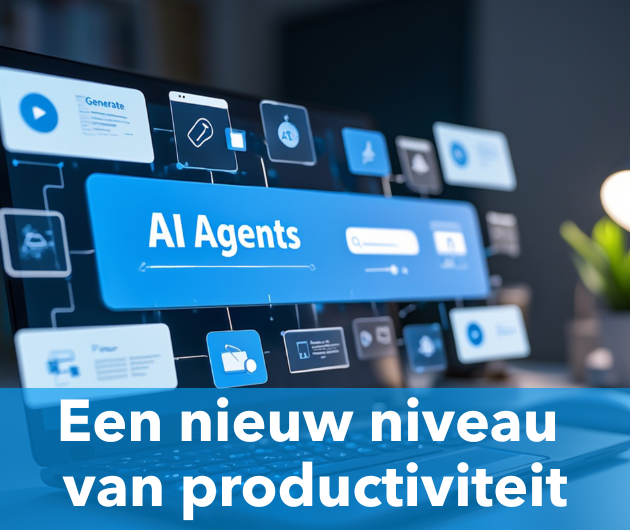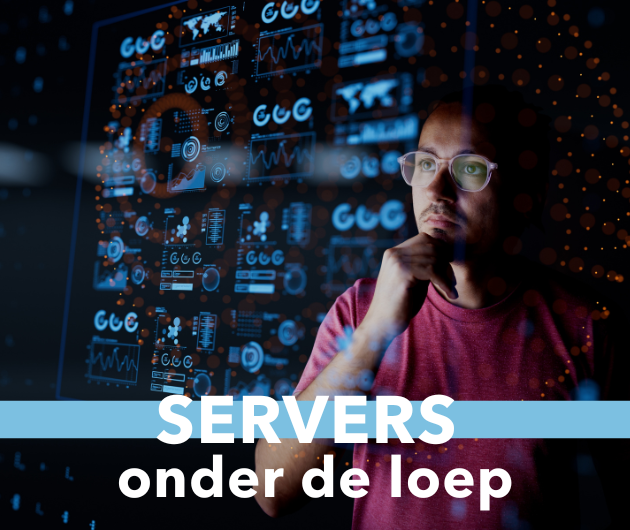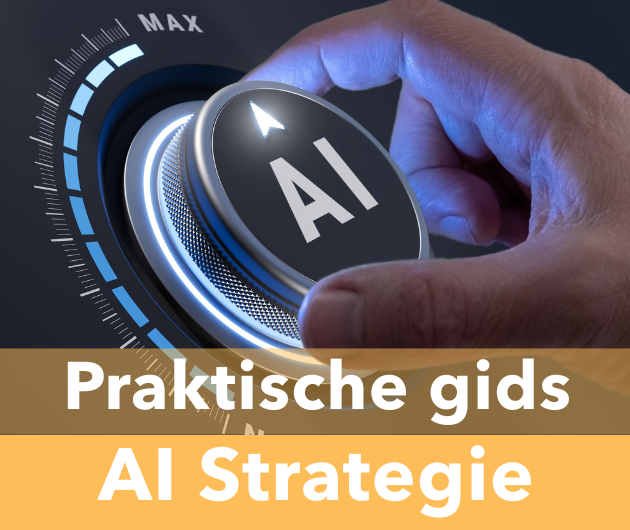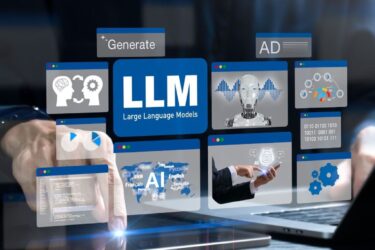Most OSS products now have serious input from academics, professionals in their spare time and most of the major software developers, with the noted exception of Microsoft. It is of course reasonable and obvious that Microsoft will do all they can to oppose the OSS movement because it is aimed directly at their markets.
It is alright for IBM to support Linux and other OSS products because they sell all the other software, hardware and services that make up the total package; they along with HP and the PC makers can give something away in order to sell more of other products.
The other company besides Microsoft that is in an uncomfortable position with OSS is Sun. Like Hewlett-Packard they are dedicated to a proprietary version of Unix, Solaris in Sun’s case. Also like HP (and IBM for that matter) they make their own RISC processor chips. Unlike HP though, they have done little to avoid dependence on their Sparc processor family. HP have been a major partner in the ongoing development of Intel’s 64-bit processor, which is about to move into the main stream. In this way HP can maintain continuity with their older line and relatively easily "do an IBM" and support both HP/UX and Linux. Sun has made some noises about selling Intel/Linux systems, but it is not a convincing story equivalent to IBM and HP. However Sun have made a lot of progress on the software front themselves, acquiring Forte and a number of management tool vendors, so as to offer customers more than the basic Solaris systems, in particular making a play for the Storage Area Network market as a way of getting a hold in multi platform environments. But it is with software that they can make a big contribution to OSS, exploiting their dominant role in Java.
First Sun bought the German office application suite, Star Office, which they both sell and offer as an OSS product. It is equivalent to Microsoft Office, but is much easier to use and a lot cheaper. This has made some inroads, but struggles against the installed base of Microsoft Office. In any case Star Office is yet another PC type product and is not the new generation, much simplified, thin client, XML based system that is needed today. The point of the OSS version however is that it may well be used as a basis for the development of a real Office killer application; we must wait and see.
One of the key developments in the OSS world is the packaging of the software into a product. Linux, Apache and SendMail are the front runners in this case. All are based on OSS developments, but are available in a packaged form to suit commercial environments. We often hear from the enthusiastic technician that Linux, etc. can be easily updated via the Web. This is all well and good for the enthusiast but not commercial users. It is however very good for the new generation software houses who will sell a package which comprises the "free" software together with documentation and support. Support is only offered against a specific release, provided it has not been modified. Companies like Red Hat, Suse and Caldera will service the user base, while their techo’s interact with the OSS development community to configure the best package. They will also produce different configurations, such as a desktop version with all the GUI add-on, or a sever version with a high performance file system, security, etc., something that Microsoft will also have to do if they are to try and keep up with OSS systems.
There are already a number of other OSS software products which are available in a packaged, supported form. Most are related to Internet functions, but the standard Linux programming tools are included with some versions of Linux and they are also available in a workbench style of value-added product. High on the list of interesting products is the relational database management systems, MySQL, a serious competitor to SQL Server.
As a sign of things to come NuSphere has released what they call a bundle, named Pro Advantage. This runs on Linux and includes MySQL (an enhanced version), Apache Web server with SSL, and the WebDAV (Web Distributed Authoring and Versioning) together with the CVS source-code control system. Pro Advantage also comes with PHPEd, a GUI ADE, a very comprehensive one at that. It is also a real plus that Pro Advantage runs on Windows as well as Linux, thus avoiding a tie-in to Microsoft for Windows users.
Martin Healey, pioneer development Intel-based computers en c/s-architecture. Director of a number of IT specialist companies and an Emeritus Professor of the University of Wales.








